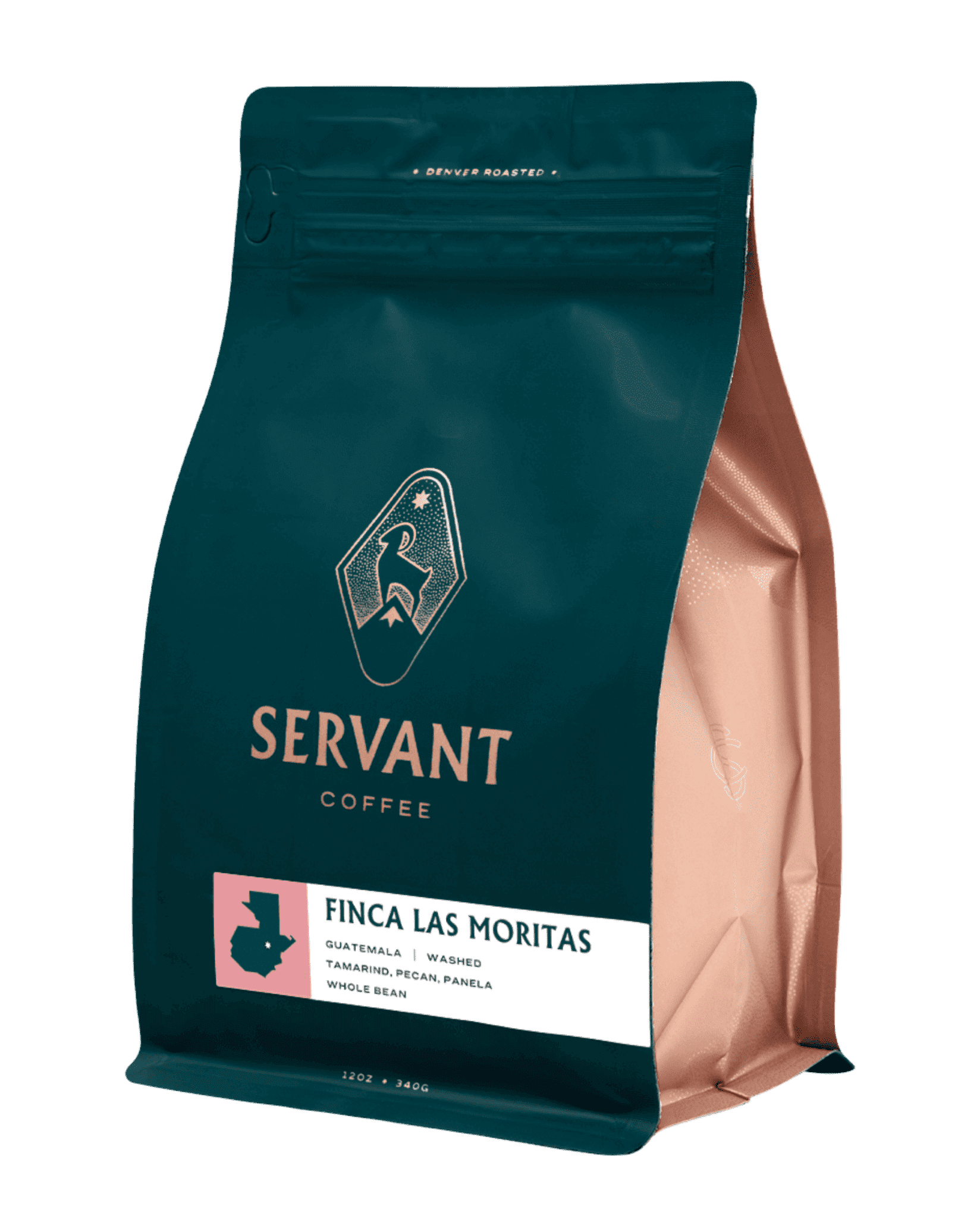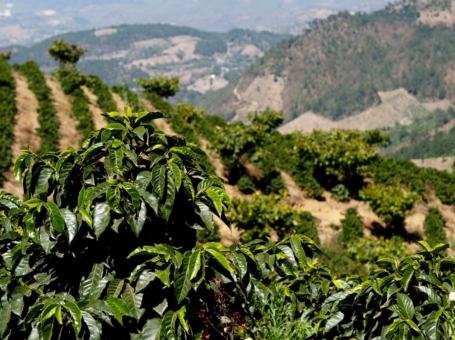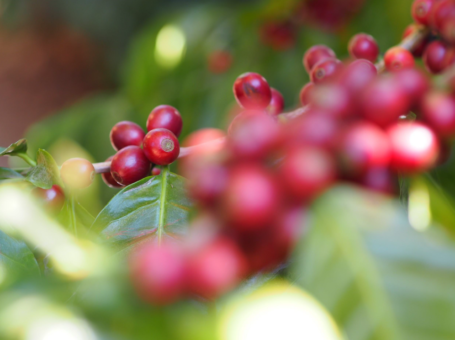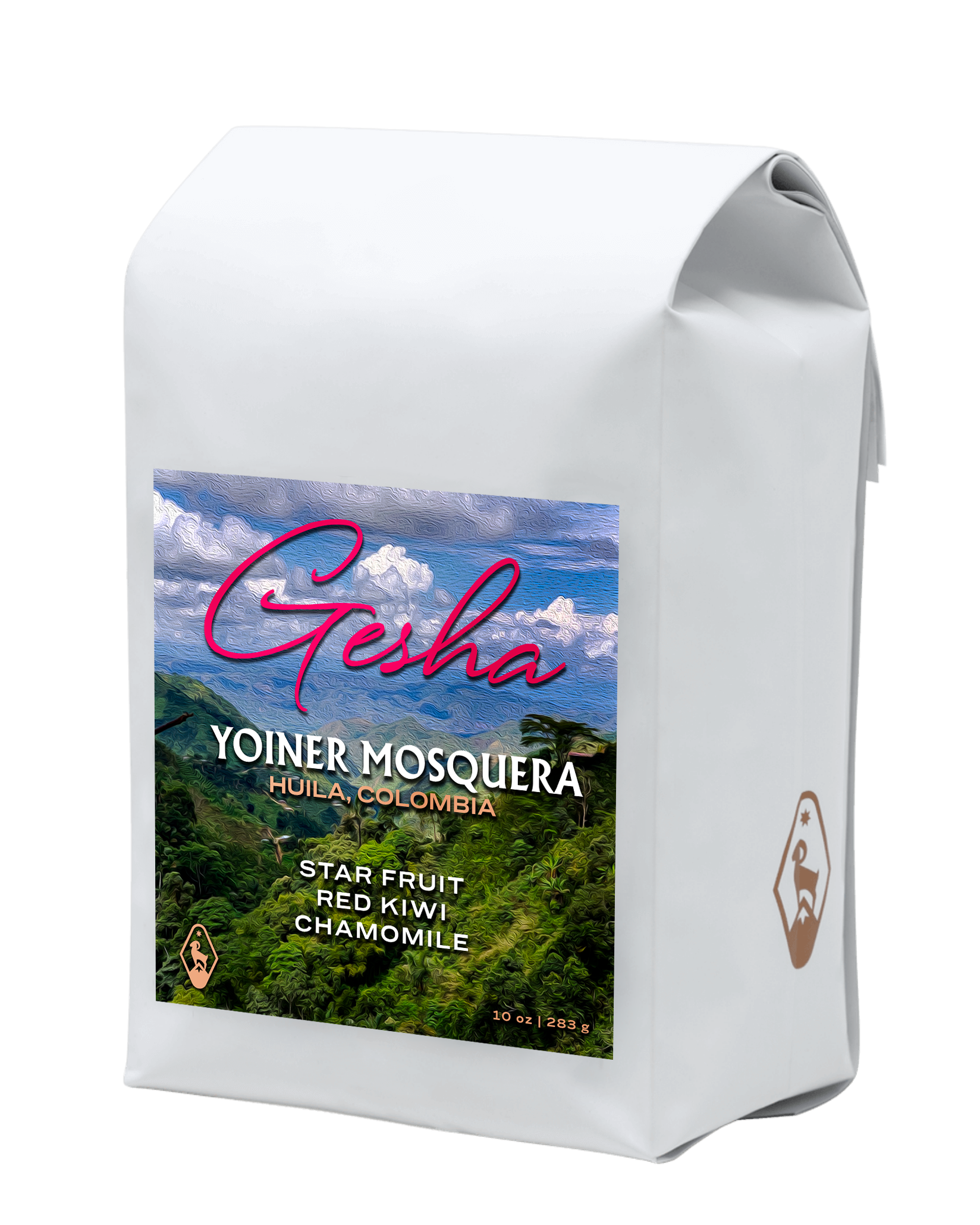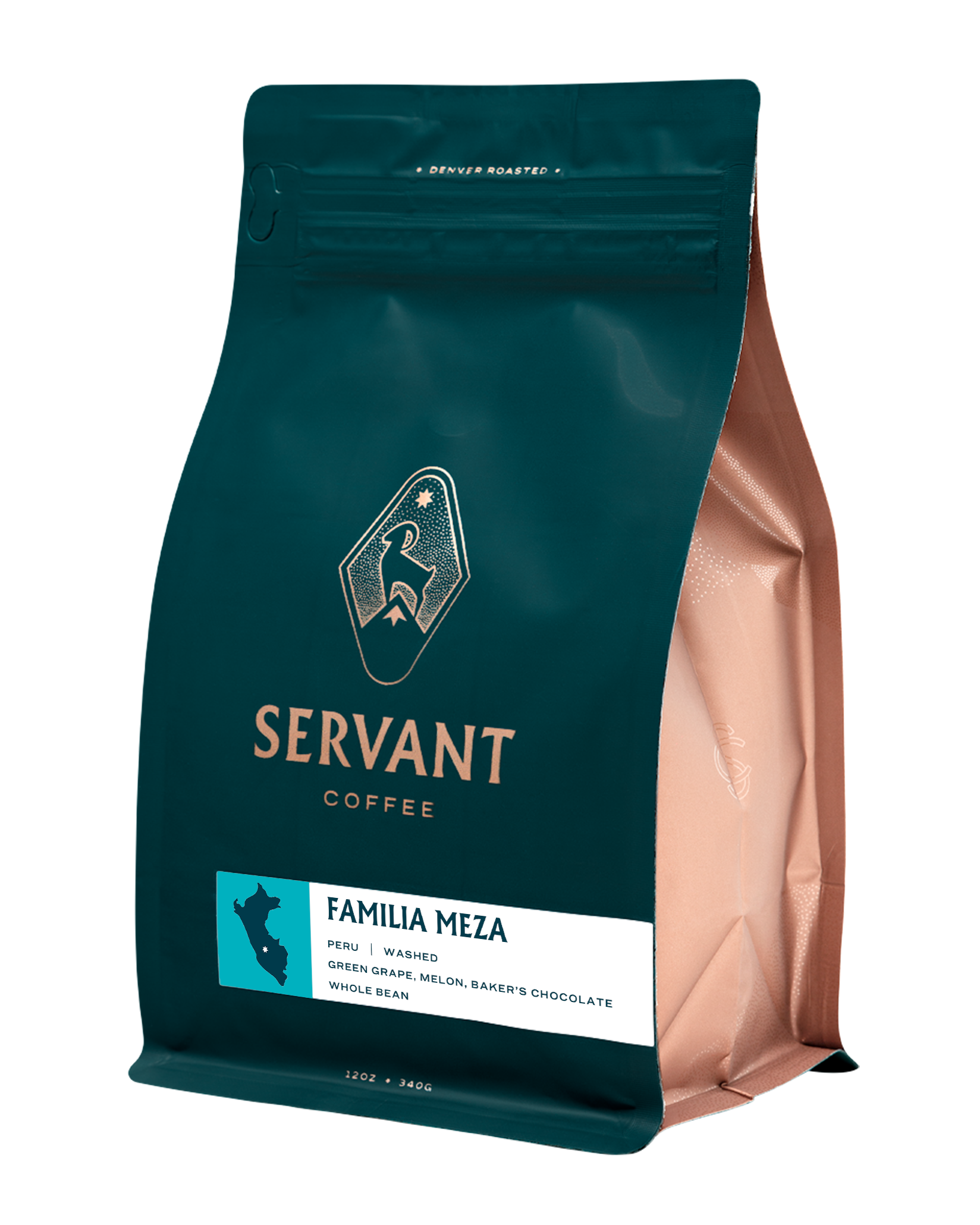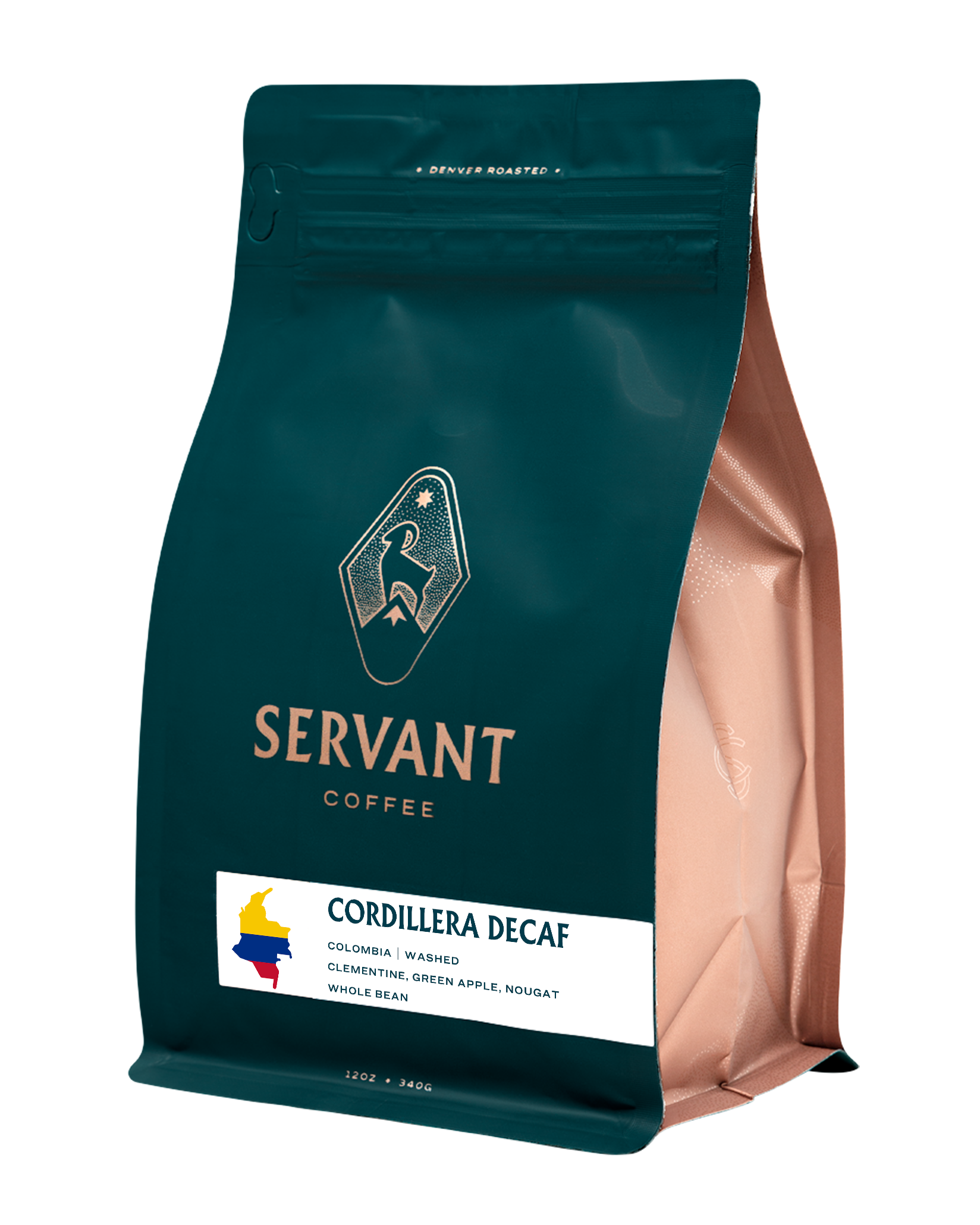Finca Las Moritas
Finca Las Moritas is a seasonal product and currently unavailable. If you’d like to be notified when this coffee is back in stock please submit your email address below.
"*" indicates required fields
Tamarind
Pecan
Panela

Origin
Region
Producers
Altitude
Variety
Process
Finca Las Moritas is back! Don Higinio and his wife Doña Aura bought their first small plot of land in 1988, naming it San José Las Moritas. Before the purchase of Las Moritas, tomatoes, beans, potatoes, and corn were grown on the land. Las Moritas would be the first of many farms Don Higinio would acquire over the years.
The first coffee seeds planted here were given to Don Higinio from his father. They began with less than a hectare of land, planting Bourbon varietals and small trees. Every year they purchased more land for Las Moritas. Now San Jose Las Moritas is made up of many different parcels of land such as Cerro de Oro, El Potrero, La Camioneta and La Posa. These parcels of land that make up Las Moritas have red and yellow Bourbon, Pache, Pacamara, Castillo, Tipica, Catuaí, Caturra, and a dozen other rare varietals. The shade trees are mainly ingas, pine trees, avocado trees, and natural forest. Las Moritas also cultivates corn, beans, tomatoes, and peaches to be sold in local markets.
Spanning between an altitude of 1,200-1,800 meters with various types of terrain, soil, and climates, this land makes for diverse growing conditions. In total, Las Moritas has 70 Hectares of land with 56 hectares devoted to coffee. The farm consists of plains, hills, mountains, and even cliffs that the workers somehow manage to harvest. The soil is different in each area, influenced by the crop that was cultivated there before. Las Moritas delivered around 4,860,000 pounds of cherry to Beneficio La Esperanza in last year’s harvest.
Comprised of predominantly yellow Catuaí, this coffee fits beautifully into our ‘Rich & Chocolaty’ side of the taste spectrum but brings some unexpected complexity to the cup. Notes of tamarind, the pod-like fruit of the tamarind tree that contain a sweet, tangy pulp, and panela, an unrefined whole cane sugar common Central and Latin America, represent the more tradition al flavors quite well. Atypical of many Guatemalan coffees, however, this harvest brings out a creamy body and notes of pecan and almond, which really compliments the rich flavors…and leaves you wanting another cup! We hope you enjoy our second harvest of this treat.
–
Espresso: 19g in, 38g out @ 22 sec
